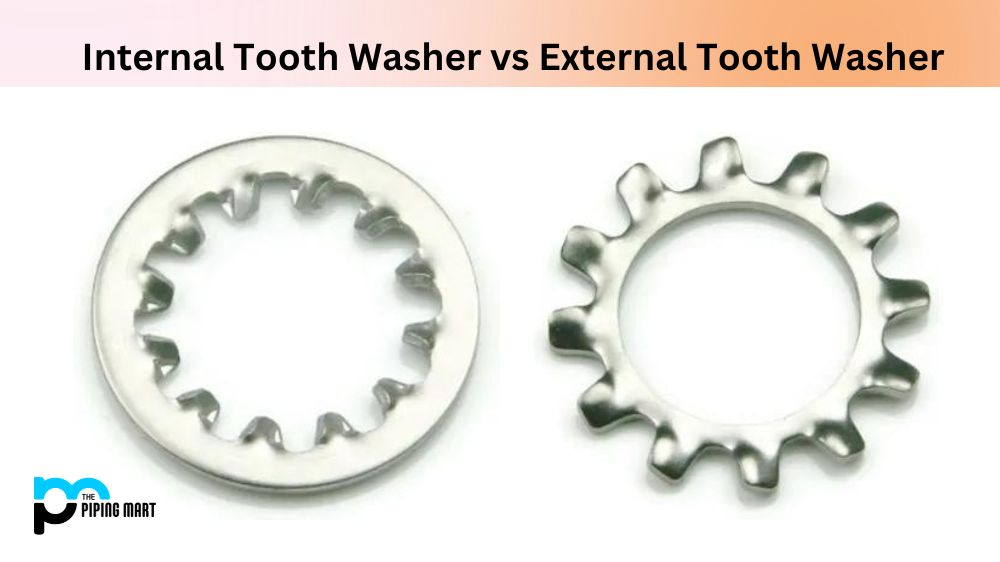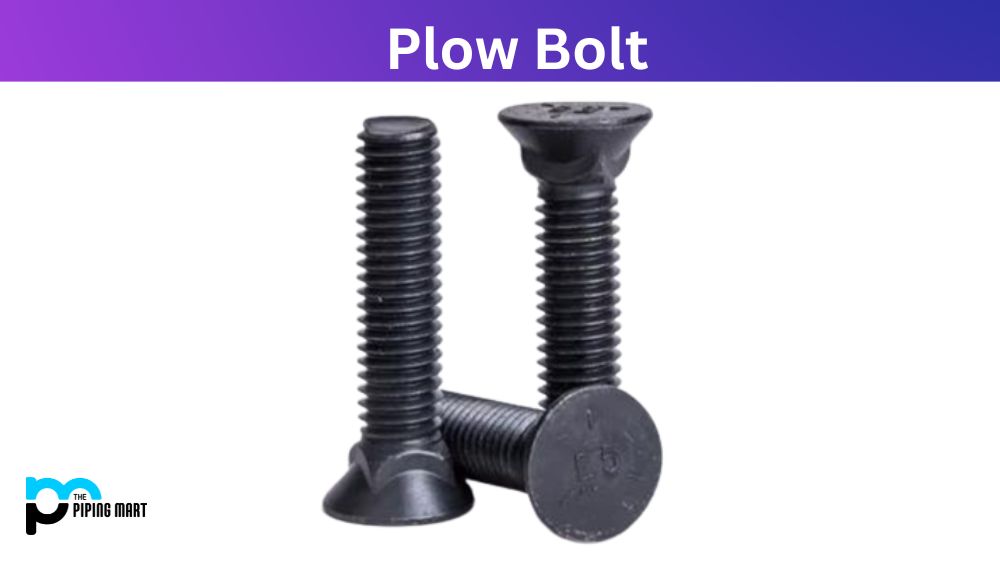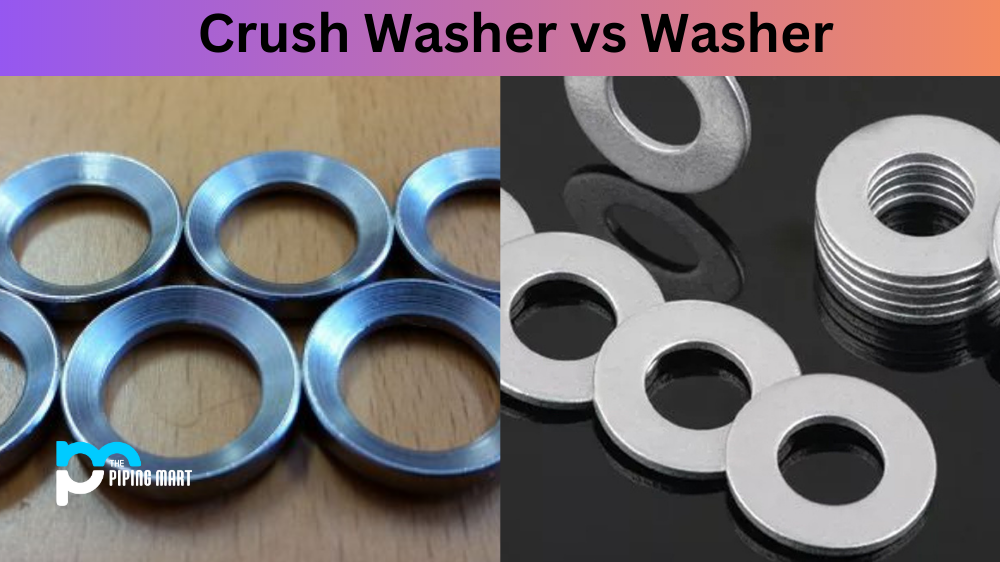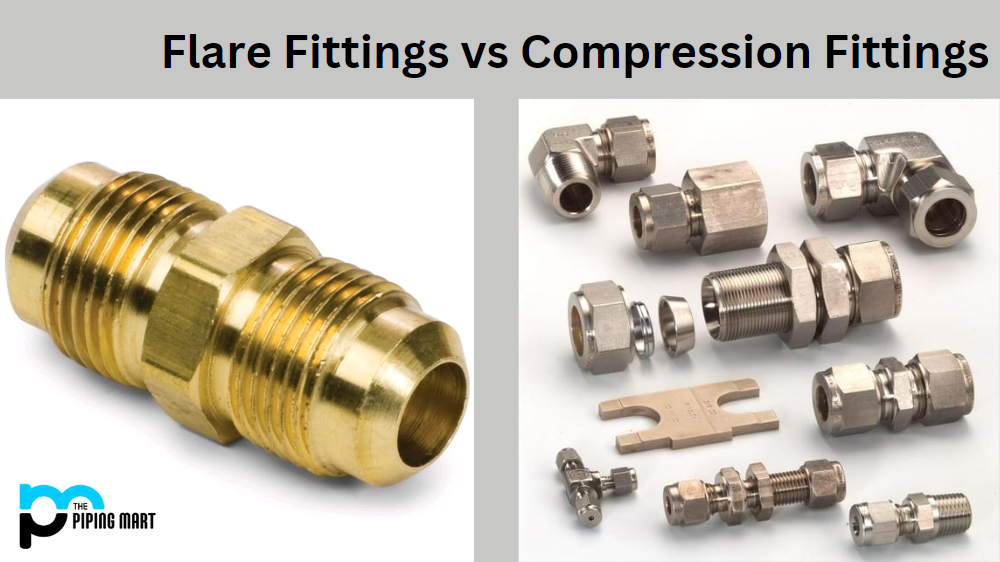Regarding fastening and securing two parts together, washers play a vital role. They act as a cushion and distribute the pressure evenly, ensuring a firm grip and preventing damage to the surface beneath. But not all washers are created equal. There are different types of washers, including internal and external tooth washers. In this blog post, we’ll discuss the differences between these two types of washers so you can choose the right one for your application.
What is Internal Tooth Washer?
An Internal Tooth Washer is a type of fastener used to secure two components together. It consists of an outer plate with teeth on the inner circumference, and an internal disc which is inserted partially into the hole created by the teeth and then tightened. This creates an effective and secure joint that can handle heavy loads without slipping or loosening over time.
What is External Tooth Washer?
External Tooth Washer, also known as ETW, is an oral hygiene device that helps clean the tough-to-reach spaces between your teeth and gums. It uses a unique combination of intense water streams with ultrasound technology to remove plaque and other debris from the surface of your teeth and gums. The device offers effective brushing results with minimal effort, making it a great choice for anyone looking for an easier way to maintain good oral health.
Difference Between Internal Tooth washer and External Tooth Washer
Design:
The most apparent difference between internal and external tooth washers is their design. As the name implies, the internal tooth washer has teeth inside, while the external tooth washer has teeth on the outside. The toothed ridges of the internal and external tooth washers are designed to bite into the material, preventing them from loosening over time.
Purpose:
Both internal and external tooth washers serve the same purpose—providing a secure grip to the nut and bolt for a tight fit. However, their usage differs based on the application. Internal tooth washers are commonly used for electrical panels, automotive components, and other applications where a smooth surface is necessary. The external tooth washers are ideal for rough surfaces and outdoor applications due to their robust teeth.
Materials:
When it comes to washer materials, you can find internal and external tooth washers made from materials such as stainless steel, brass, and aluminium. However, internal tooth washers are generally made from softer materials like nylon or plastic, while external tooth washers are usually made from harder materials like steel.
Usage factors:
For optimal use and efficacy, various factors such as materials, torque required, and weather conditions must be considered. Internal tooth washers are preferred if the joint can be tightened with less torque, whereas external tooth washers are suitable in environments with vibrations or impact loads.
Cost:
Another factor to consider when choosing between internal and external tooth washers is cost. Since internal tooth washers have less material than their external tooth counterparts, they are generally less expensive. However, considering their optimal usage, it’s essential to choose the best fit, whether internal or external, despite the cost implication.
Conclusion:
In conclusion, both internal and external tooth washers serve the same purpose of securing nuts and bolts in place. However, the differences in design, purpose, materials, usage factors, and cost must be considered when choosing the right washer for your application. This blog post has made deciding the washer type that best fits your needs easier. Remember, regardless of the type, selecting the correct washer to create a secure and long‐lasting joint cannot be overstated.

Hey, I’m Krutik, a casual blogger expert in the metal industry. I am passionate about providing valuable information to my readers. With a background in engineering and construction, I like playing Cricket & watching Netflix shows in my free time. Thank you for visiting my blog, and I hope you find my information helpful!




